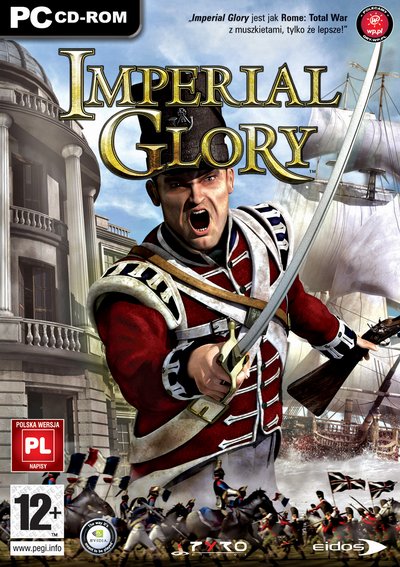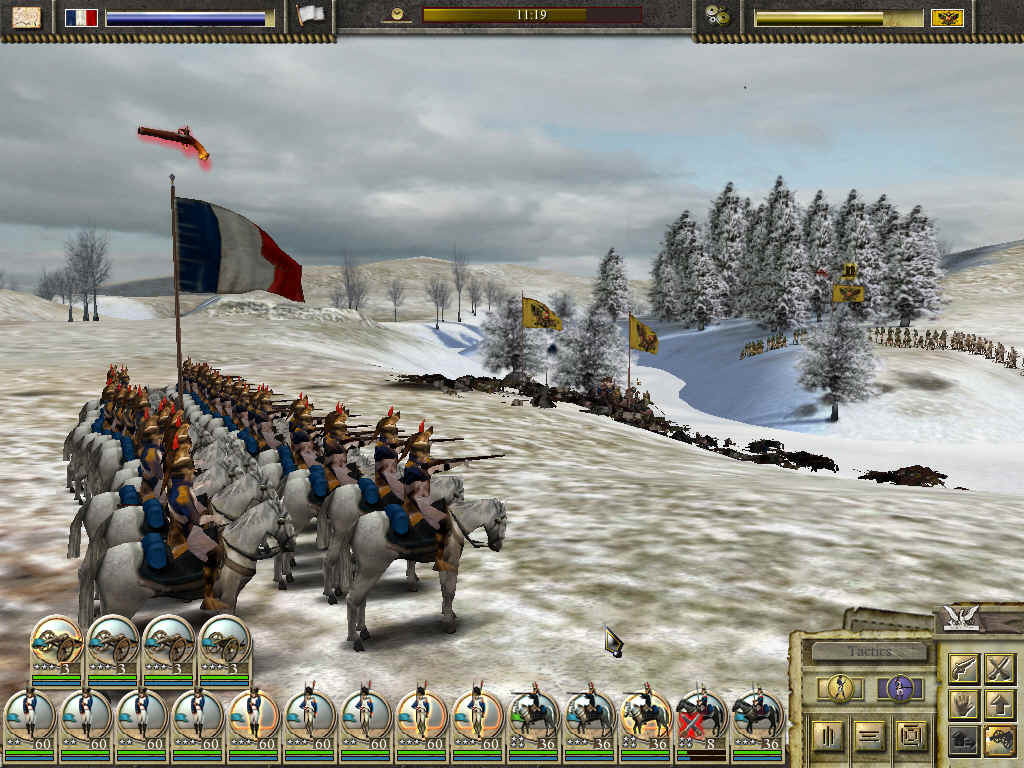
In practice, most games end by annihilation, with the objectives more about avoiding stalemate than something you actually achieve. For example, there could be three objectives, with holding two for a period enough to secure victory. As well as the expected "Kill Everyone", there are other mission types. When you fight a battle, you discover that each area has a different map and specific objective. Why can't you construct merchant ships on the standard construction menu? I don't know. On the more practical side, some of the game's options are a little confusedly expressed in-engine. While they gain experience, it's at a rate where you don't particularly mind if one dies. For example, generals are little more than a flag to attach your units to allow them to move around the map.

That aside, it does lack some of Total War's character. For example, attack without formally declaring war and you'll justifiably be considered something of a bounder by the rest of Europe. The last is interesting, in that your actions shape other countries long-term opinion of you. There are many other options, including marrying heirs, financial deals and simply trying to improve your reputation with their people. They last for a set amount of time, and if one party is attacked then all parties must change their status to hostile. Unlike than the rather meaningless deals you may see in many other games, mutual defence treaties actually count for something here. In terms of strong points, on the strategy map the most memorable is Diplomacy. When a battle actually takes place, you're given the option of fighting the battle in exciting 3D-RTS-o-Vision. Mostly it's a Risk-style strategy map of Europe where you manage your affairs, construct armies, conquer provinces and perform research. This places you in charge of one of five period empires. This means that while there are historical battles, multiplayer and skirmishes, the core of the game is an elaborate campaign mode.

The high concept is simple: It's Creative Assembly's Total War series, but applied to the Napoleonic era. But at least it doesn't mix its metaphors. Such is the case with Imperial Glory, which does a lot of things right and a handful of things wrong and ends up being disqualified from our affections by a few own goals. It doesn't take much to pass from courting disaster to marrying her.


 0 kommentar(er)
0 kommentar(er)
